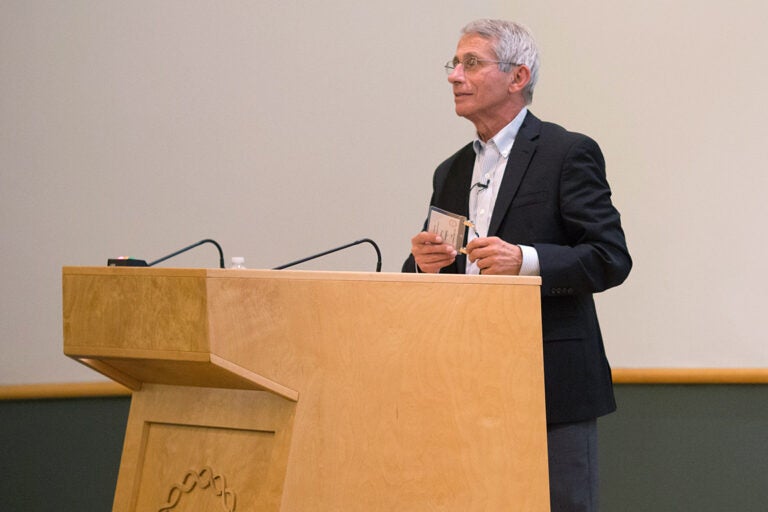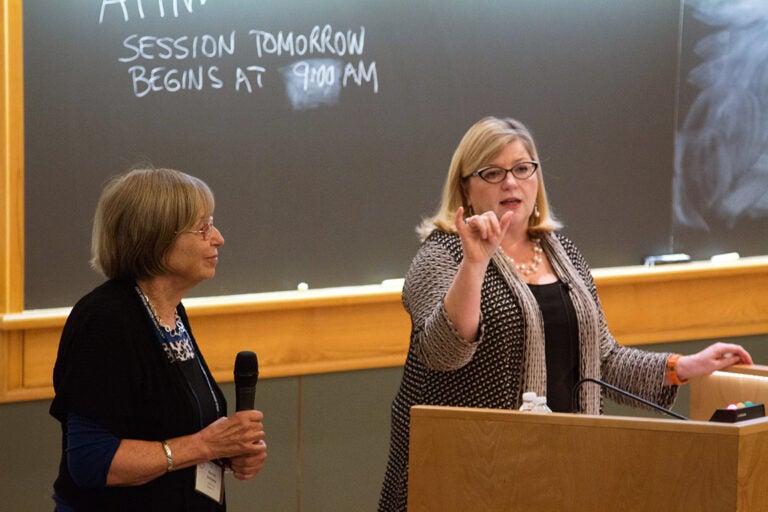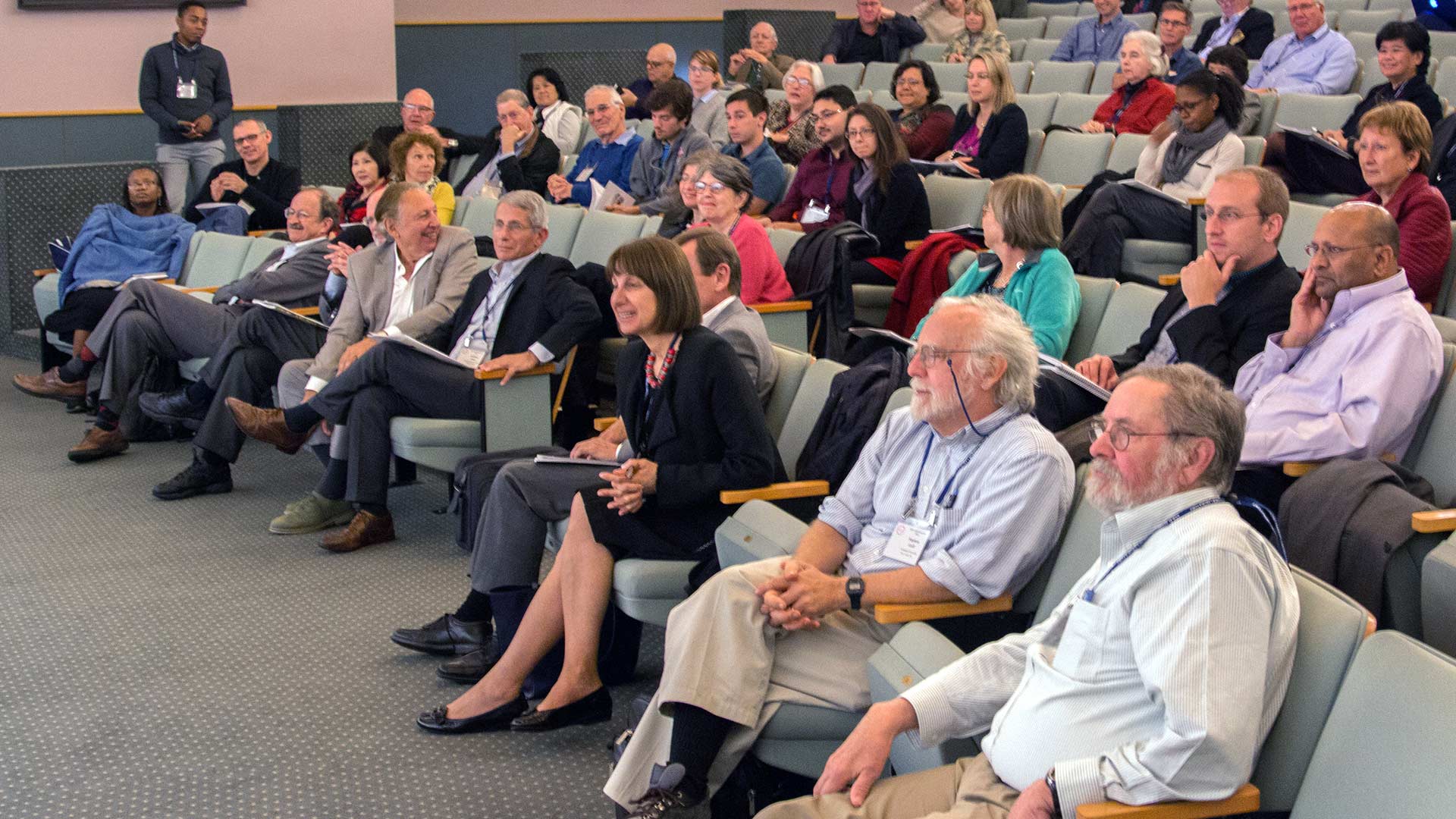The HIV/AIDS epidemic offers lessons for today’s COVID-19 pandemic. The Cold Spring Harbor Laboratory (CSHL) Center for Humanities & History of Modern Biology captured some of those lessons in a 2016 CSHL conference, “HIV/AIDS Research: Its History and Future.” In 2021, they developed a new kind of annotated digital archive that allows readers to easily look up and analyze keywords used in talks at the conference. The project, titled “Oral Histories of Biology, Medicine, and Pandemic Response,” was led by the executive director of the CSHL Library & Archives Ludmila Pollock and supported by a U.S. National Endowment for the Humanities CARE grant.
The four-day conference brought together HIV/AIDS scientists from all over the world, many of whom shared emotional stories about their seminal discoveries through 49 talks and panels. Pollock says:
“They came together to share the stories, how it happened. It’s like a mirror to what’s happened today. We wanted to show this amazing contribution to science and medicine these people made. Everyone can hear talks from researchers, as well as from clinicians, who treated the first AIDS patient, and they can see slides. It’s just unbelievable. So touching. And it sounds very similar to the news of 2020.”

“The problem with any video recording is that it’s pretty hard to get at what’s inside the video recording. My work was to go through and create an index and glossary of anything substantive that was ever said. It was really remarkable in how much stuff about the history of the research was condensed into the space of four days.”

Other CSHL members who worked on this project included Archivist Clare Clark, Historian of Life Sciences Alistair Sponsel, Research Informationist Matt Dunn, and Systems and Operations Manager Tom Adams.
Pollock hopes readers will be inspired by all the people and investments it took to tackle HIV/AIDS. She notes, “We can relate to the amazing stories scientists shared about their work in a previous pandemic. It is so relevant today.”
Related content
- Dr. Fauci’s full talk and annotated transcript
- Sharon Hillier’s full talk and annotated transcript
Written by: Luis Sandoval, Communications Specialist | sandova@cshl.edu | 516-367-6826
Funding
National Endowment for the Humanities

